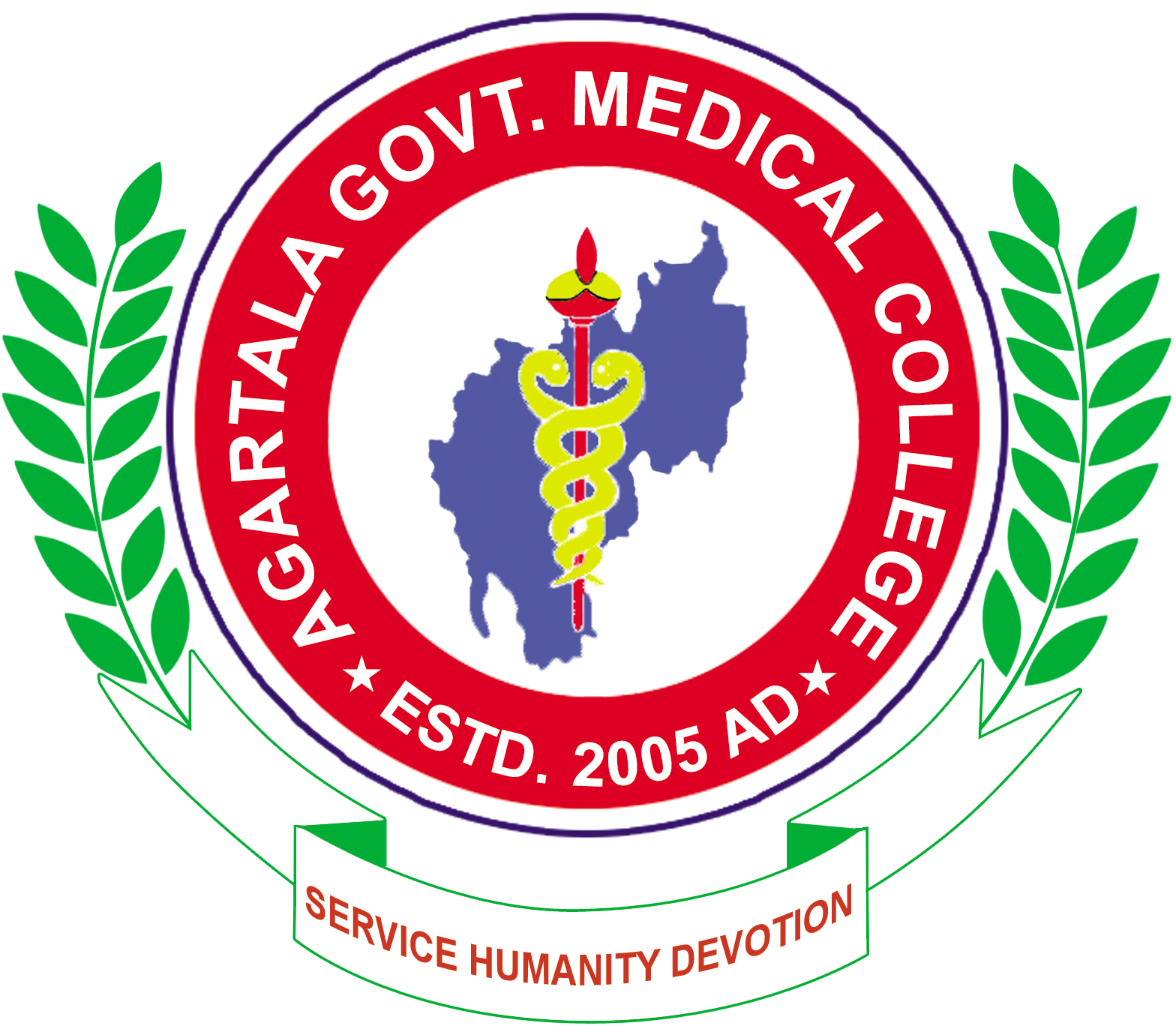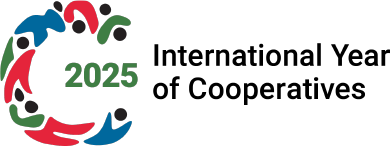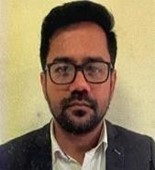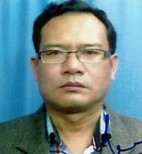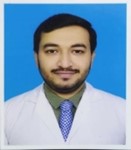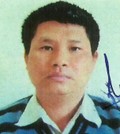Department of Medicine
The Department of Medicine at AGMC is a key pillar of clinical care and education. It focuses on the prevention, diagnosis, and treatment of adult diseases, encompassing a broad range of specialties such as cardiology, pulmonology, gastroenterology, endocrinology, and infectious diseases. The department is dedicated to both patient care and the academic development of future medical professionals.
1. Academic Curriculum
The department offers undergraduate (MBBS) and postgraduate (MD General Medicine) programs. The curriculum includes:
- Internal Medicine: Training in the comprehensive care of adult patients, diagnosis, and management of a wide range of diseases affecting various organ systems.
- Cardiology: Study and management of cardiovascular diseases, including hypertension, heart failure, and coronary artery disease.
- Pulmonology: Focus on respiratory disorders like asthma, chronic obstructive pulmonary disease (COPD), pneumonia, and tuberculosis.
- Gastroenterology: Training in the diagnosis and treatment of diseases of the gastrointestinal tract, liver, and pancreas.
- Endocrinology: Study of endocrine system disorders, including diabetes, thyroid diseases, and hormonal imbalances.
- Infectious Diseases: Management of bacterial, viral, fungal, and parasitic infections, with special emphasis on HIV/AIDS, tuberculosis, and tropical diseases.
- Nephrology: Training in kidney diseases, including acute and chronic kidney failure, and dialysis management.
- Rheumatology: Study of autoimmune and connective tissue diseases, including arthritis, lupus, and vasculitis.
- Emergency Medicine: Management of acute medical emergencies such as strokes, myocardial infarction, sepsis, and trauma care.
2. Clinical Services
The department offers comprehensive care for patients across a wide spectrum of medical conditions:
- Outpatient Department (OPD): Diagnosis, treatment, and management of chronic diseases like diabetes, hypertension, asthma, and arthritis.
- Inpatient Care: Management of patients with acute and chronic medical conditions, including those in intensive care units (ICU).
- Emergency Services: Round-the-clock care for medical emergencies, including heart attacks, strokes, respiratory distress, and poisoning cases.
- Specialty Clinics:
- Diabetes Clinic: Focused care for patients with diabetes, providing education, medication management, and complications prevention.
- Cardiology Clinic: Specialized care for patients with heart diseases, offering diagnostic services like ECG, echocardiography, and stress tests.
- Pulmonology Clinic: Diagnosis and treatment of respiratory disorders, including lung function tests and bronchoscopy.
- Gastroenterology Clinic: Management of digestive diseases, offering endoscopic procedures like colonoscopy and gastroscopy.
- Diabetes Clinic: Focused care for patients with diabetes, providing education, medication management, and complications prevention.
3. Specialized Services
The department offers a range of diagnostic and therapeutic services:
- ICU and Critical Care: Management of critically ill patients with multi-organ failure, sepsis, and other life-threatening conditions.
- Dialysis Unit: Providing hemodialysis for patients with kidney failure, with a focus on both acute and chronic renal conditions.
- Endoscopy Services: Advanced diagnostic procedures like upper GI endoscopy and colonoscopy for the diagnosis and management of gastrointestinal disorders.
- Non-invasive Cardiology Services: Comprehensive cardiac diagnostic services, including echocardiograms, Holter monitoring, and treadmill stress testing.
- Diabetes and Hypertension Management: Specialized clinics focused on managing these chronic conditions, with an emphasis on patient education and lifestyle modification.
4. Faculty
The department is led by a team of experienced physicians who are actively involved in both clinical practice and academic teaching:
- Head of Department (HOD): Dr. [Name], MD (General Medicine), with expertise in internal medicine, cardiology, and endocrinology.
- Senior Faculty: Specialists in fields like cardiology, pulmonology, nephrology, and infectious diseases who mentor students and lead research initiatives.
5. Workshops, Seminars, and Conferences
The department regularly conducts workshops and educational programs:
- Workshops on Medical Emergencies: Hands-on training for managing cardiac arrests, strokes, and respiratory failures.
- Seminars on Chronic Disease Management: Topics like diabetes, hypertension, and COPD, emphasizing new treatment protocols and preventive strategies.
- Conferences on Infectious Diseases: Addressing emerging infections, antimicrobial resistance, and public health challenges in the region.
6. Facilities and Resources
The department boasts modern facilities and infrastructure to support patient care and education:
- Intensive Care Unit (ICU): Equipped with advanced monitoring systems, ventilators, and life-support technologies for critically ill patients.
- Dialysis Unit: Provides renal replacement therapy for patients with acute and chronic kidney failure.
- Cardiac Unit: Equipped with ECG, echocardiography, and other diagnostic tools for comprehensive cardiac care.
- Endoscopy Suite: Advanced tools for performing endoscopic procedures, allowing for the diagnosis and treatment of gastrointestinal diseases.
- Lecture Halls and Seminar Rooms: Multimedia-enabled spaces for interactive learning and case discussions.
- Library and Digital Resources: Access to textbooks, journals, and online databases for up-to-date medical research and knowledge.
7. Research and Publications
The department is actively engaged in research across various fields of internal medicine:
- Research Projects: Studies on non-communicable diseases like diabetes and hypertension, infectious diseases, and outcomes of critical care interventions.
- Publications: Faculty members contribute to leading medical journals, sharing research findings on cardiology, nephrology, and diabetes management.
- Collaborative Research: The department collaborates with national and international organizations on public health and medical research.
8. Student Involvement
Students in the department participate in:
- Clinical Rotations: Exposure to a variety of cases in internal medicine, with hands-on learning in diagnosis and management.
- Research Projects: Opportunities to engage in clinical and community-based research under the mentorship of faculty.
- Patient Care Activities: Involvement in outpatient care, inpatient management, and participation in specialty clinics.
9. Community Outreach Programs
The department is involved in health education and outreach:
- Medical Camps: Free health check-ups and treatment camps for underserved communities, focusing on common diseases like diabetes, hypertension, and infections.
- Public Health Campaigns: Educational programs on disease prevention, hygiene, and nutrition, particularly in rural areas.
- Health Screening: Screening for chronic conditions like hypertension, diabetes, and cardiac diseases in the community.
10. Future Directions
The Department of Medicine aims to:
- Expand Specialized Clinics: Offer more focused care in areas like rheumatology, nephrology, and infectious diseases.
- Enhance Research: Increase research efforts in emerging fields like critical care, geriatric medicine, and infectious disease management.
- Develop Fellowship Programs: Introduce specialized training in fields like cardiology, pulmonology, and nephrology to develop highly skilled medical professionals.
